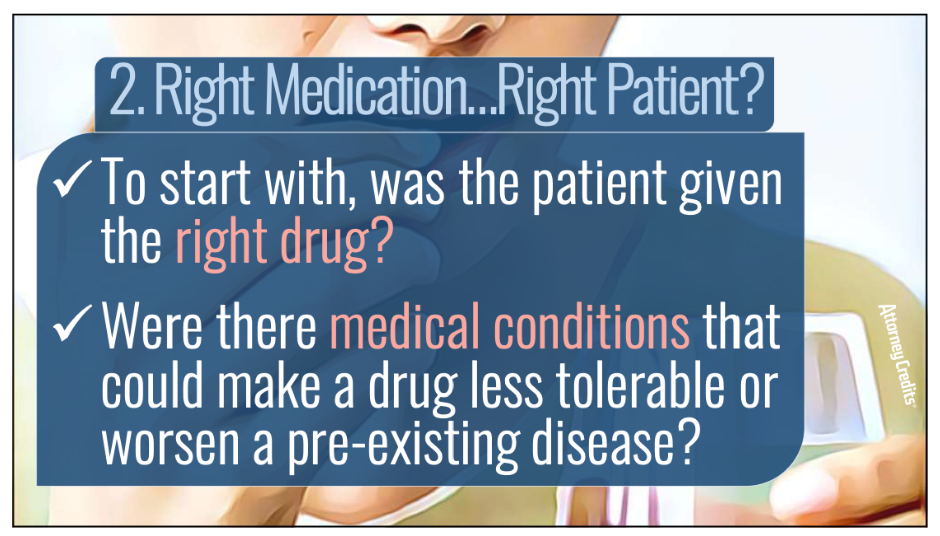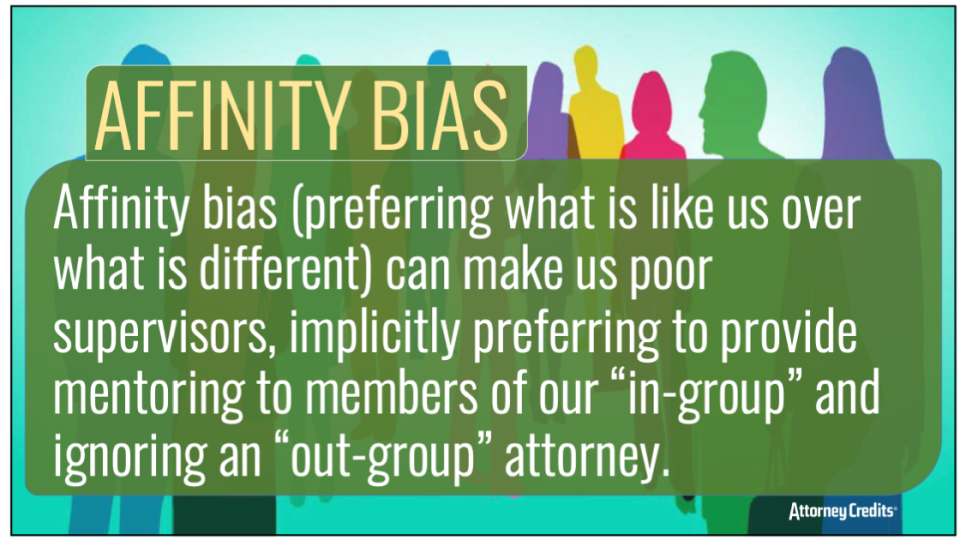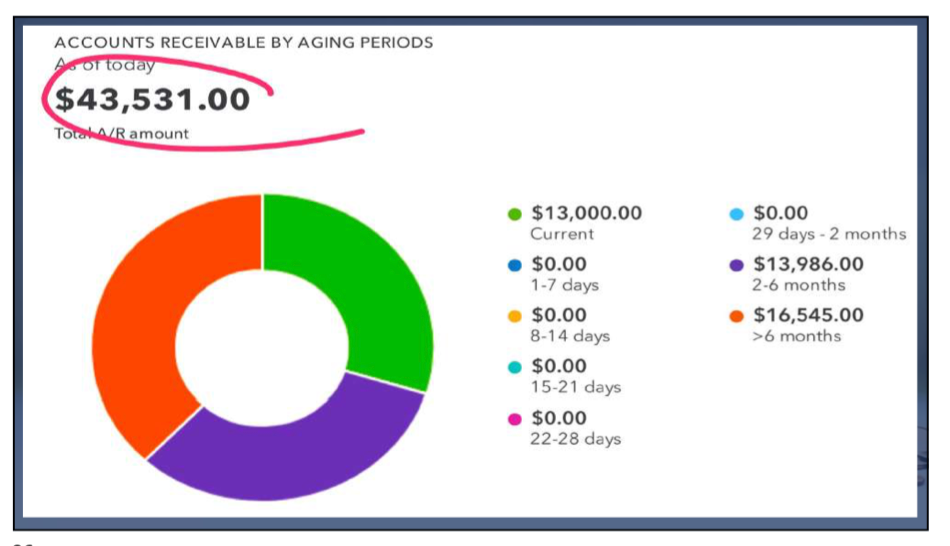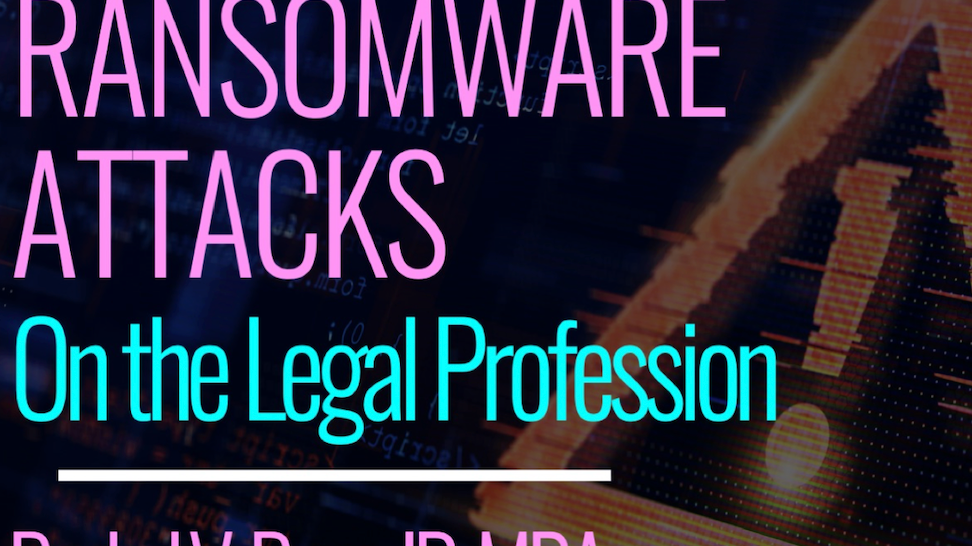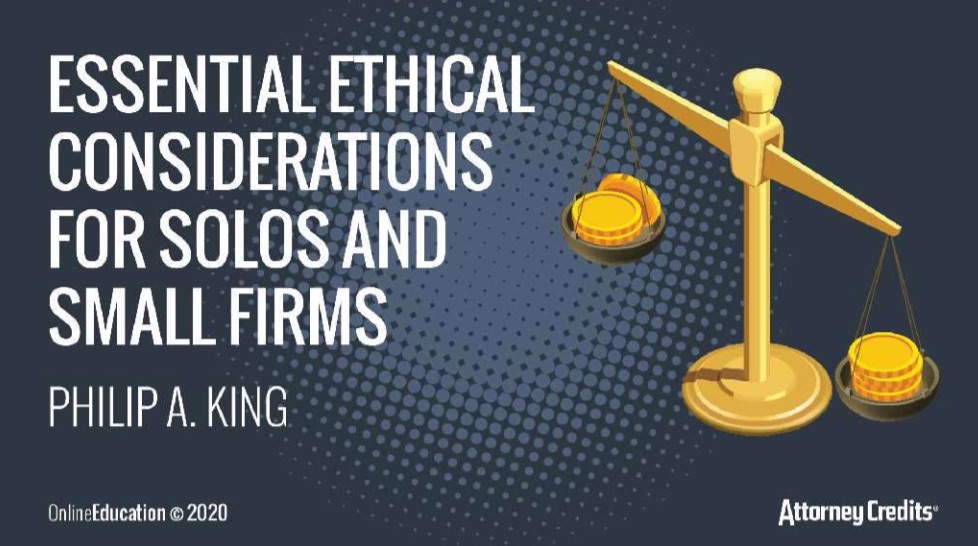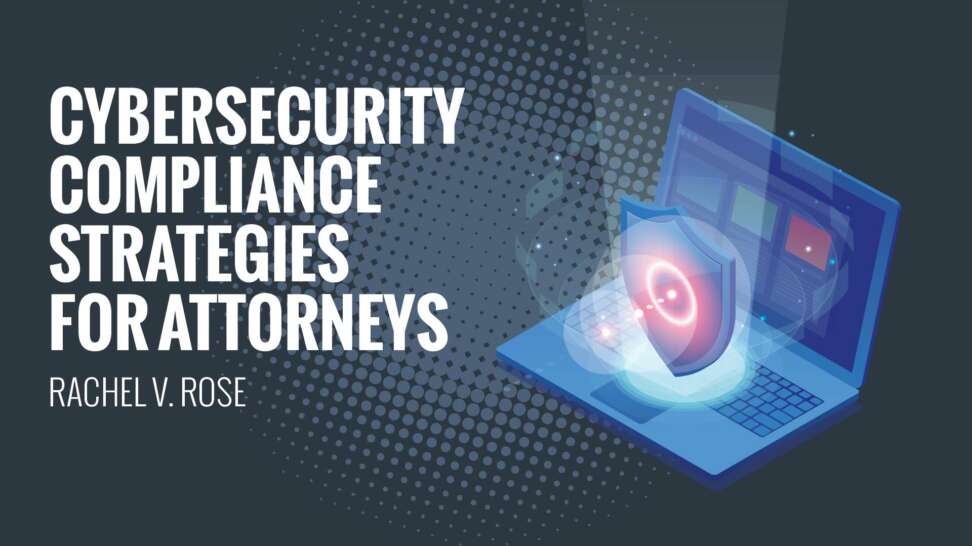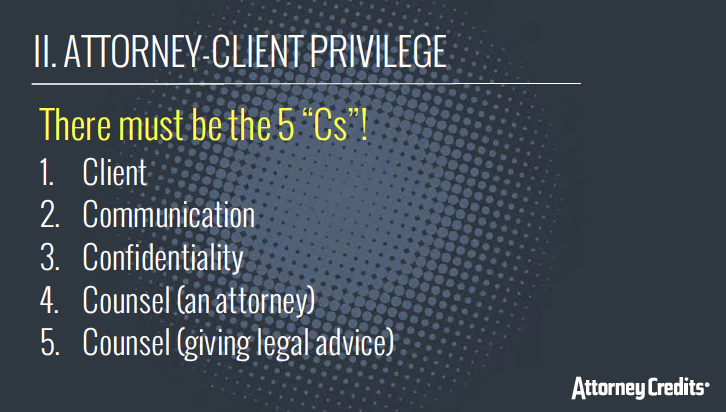Last year over 7,000,000,000 (7 BILLION!!!) prescriptions were filled in the U.S. With the flood of dangerous prescription medications & people taking multiple dugs, adverse drug reactions occur every day. And so does medical malpractice stemming from these dangerous drugs.
